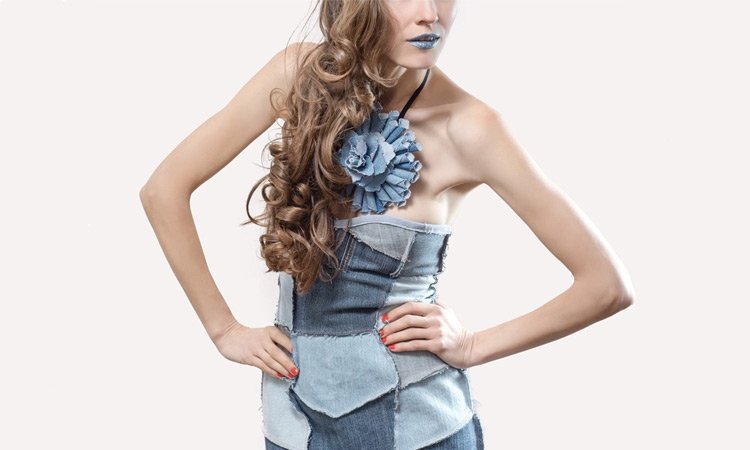It never ceases to amaze me how Lidija, a dear friend of mine, can turn garbage into works of art. As a volunteer, she runs a day center called Koraci (Steps) and organizes art workshops for children, the elderly, the disabled, young people, housewives, etc.
Besides the more conventional techniques, such as ceramics, pressed flowers, and decoupage, I find her upcycled art the most fascinating, almost like a miracle performed each time she puts her hands on something of apparently no value. In fact, I keep a bag by my desk labelled “Lidija,” in which I collect all sorts of cans, broken pieces of glass, bits and pieces of material, discarded jewelry, small cardboard containers, and whatnot. If it wasn’t for Lidija’s bag, these would go in the garbage bin.
Over and over, I’ve seen all of the above transformed into astonishing pieces of art. Lidija’s motto is “Never throw anything away; it can all be used.” People who know her often smile when they see her eyes get that special spark—there she goes again—but she can already visualize what a random discarded object can become.
But there’s another field, even more valuable, in which Lidija practices upcycling, and that is at her workplace. For a few years now, she’s been working in a reformatory for juvenile delinquents, ranging from 8 to 18 years old. These kids, usually coming from the worst strata of society, are like diamonds in the rough; it takes someone with extra eyes of love and faith to see the potential in them. Every time I observe Lidija in action, showering love and attention on these kids, teaching them art, cooking, manners, giving them a hug or an extra snack on the side, treating them like they were her own sons, crying and praying for them, rejoicing when they succeed, well, that’s the best kind of “upcycling” I see!
Thanks to her loving care some of them have made it to better lives, diamonds in the rough, forever thankful that one day someone picked them from the virtual garbage can and upcycled them!
Upcycling: Recycling means to turn waste into a reusable product or to refurbish a product for reuse. Upcycling, a particular form of recycling, involves turning waste material or an unwanted product into a better-quality product. Upcycling projects can be as simple as folding an old newspaper into a biodegradable flowerpot. Other options include jewelry made from zippers, felted slippers made from the wool of used sweaters, bags made from crocheted strips of plastic grocery bags, and T-shirts turned into trendy children’s dresses.
